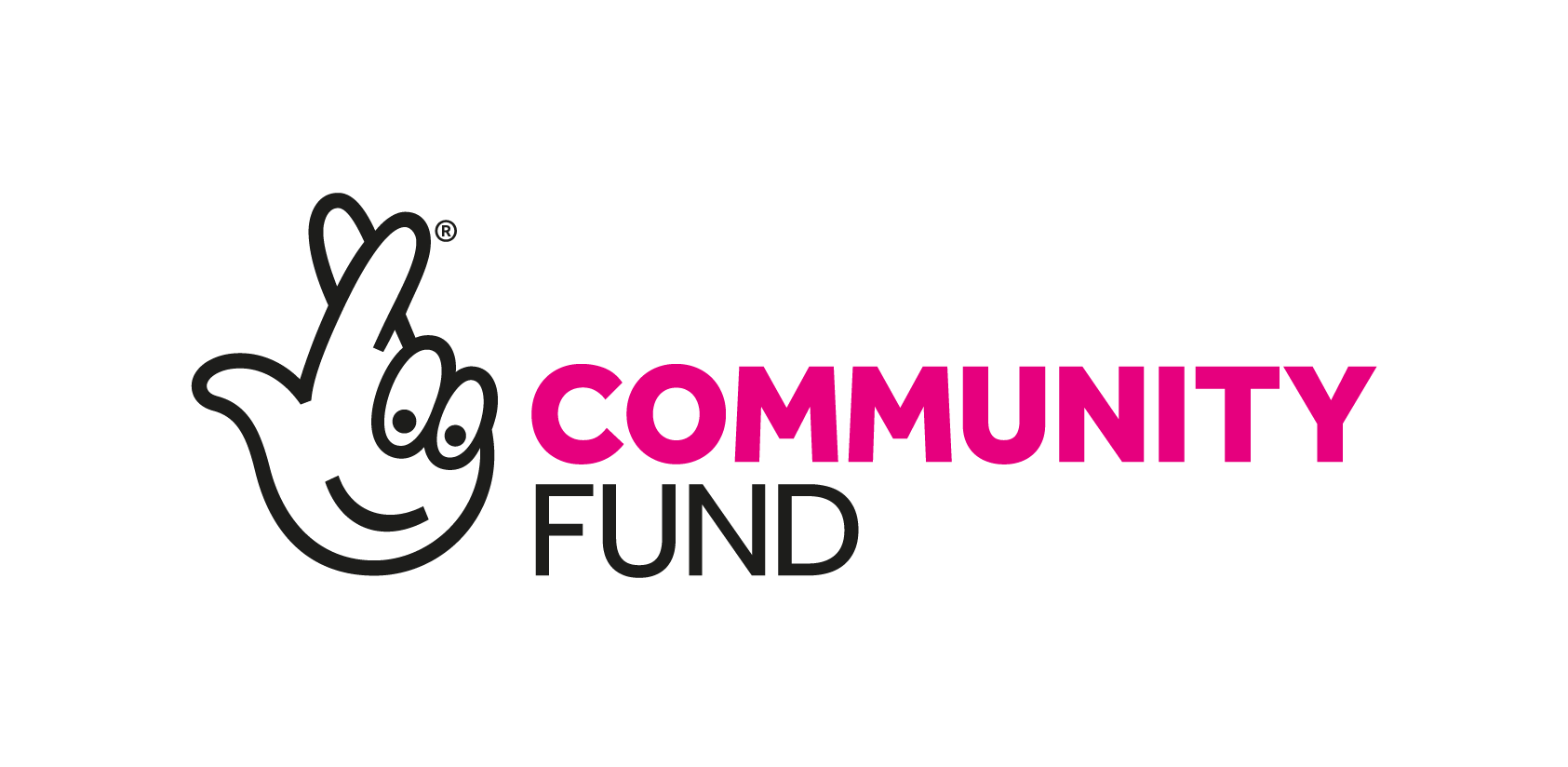
James Found, Research and Evaluation Officer, Inspiring Change Manchester
Co-production in research – An unexplored frontier?
We have all seen how co-production in services has gained great traction over recent years, especially in developing services for people facing multiple needs and social exclusion. Nowadays many services have a number of people with ‘lived experience’ involved in important decision-making and delivery of those services. This has proven to be a great success in moving towards genuinely democratic and inclusive services for all.
And yet in my role as a researcher on Inspiring Change Manchester I find that there is one area that can still remain remarkably over-looked – namely, co-production in research. Doesn’t this feel strange? After all, it is research that often underpins so many of our responses to social problems or issues that we are dealing with every day.
Typically, we know how research traditionally works – ‘Expert’ professional researchers (like me) come in to a service or community and examine an issue, ‘extracting’ information from people who are affected by it (usually by a series of interviews) and then ‘translate’ these findings and make recommendations for decision-makers to use – usually in the form of a written report and presentation. Decision-makers often like this approach because professional researchers are thought of as ‘objective’, knowledgeable and unbiased in the research process and therefore the research they provide is seen as having greater credibility. It gives us researchers great power in decision-making because we can decide what is important and what is relevant and, of course, how information is used.
Does this feel fair? Doesn’t it just create problems about whose voice is being represented in research and who has ownership of how the research is used? And perhaps, most importantly, who is considered the ‘expert’ here? To illustrate my point, think of this:

Who is the real expert here?
How many of us have been involved in research where we don’t know what the impact of the research was, how your experiences have been used or, worse still, not seen anything change as a result – Doesn’t feel great does it? And yet many of us can relate to this.
Taking this further, imagine what it is like for those experiencing social exclusion and disadvantage who face many personal and structural barriers to being involved in research. Their voices can all too often be excluded in the research process meaning that decisions made don’t always take into account their experiences.
Traditional research approaches don’t always help with this. Typically, professional researchers (like me), who don’t always represent the community involved in the research, like tightly managed, structured and technical research projects which doesn’t always encourage participation from those communities. It means we need to start thinking about alternative approaches to research if we genuinely want to democratise decision-making and reflect the views of all the communities we work with.
Here in ICM we have been looking into participatory approaches to research which in many ways turn research projects on their head. The emphasis in participatory research is that the research project is led by peers within a community who decide on the focus of the research, the methods to be used to do the research, the messages that come from it and how these will be used. It is empowering to those communities because they have full ownership over the research – meaning they are no longer merely subjects of the research project. It recognises that communities are experts within their own lives and are best placed to relate to others and encourage participation within important research.
This, of course, challenges the traditional role of professional researchers and research institutions alike. No longer are we there to simply ‘extract’ information from communities and present these to influential decision-makers. Instead our roles become more empowering to others. We are there to encourage communities to be able to lead on their own research through, for example, building research skills and ideas, creating spaces for community members to come together to discuss issues and provide necessary resources and access to organisations so that research can be conducted and disseminated. It requires us researchers to change the way we think about research and to give up some of our ‘expert’ positions
There are many great examples of participatory research now being conducted, not only in the UK but across the world. Does it remain an unexplored frontier? Hardly, but it definitely remains an area that needs more exploring if we want to have genuinely co-produced research. Still, enough of my views about this – perhaps it’s time to hear from others about how co-produced research should be done – Watch this space.



3 Comments
commented on July 10, 2017 by Darren Knight
Absolutely brilliant piece. Well done James.
commented on July 12, 2017 by Julia Wolfendale
Great points James
commented on July 12, 2017 by Darren
Exactly…. thank you… I recognise this in my mind but struggle to coagulate lol…. my thoughts into words such as yours…